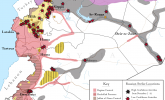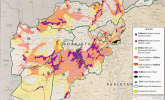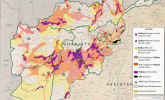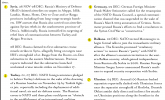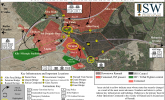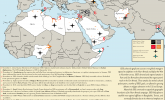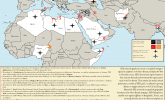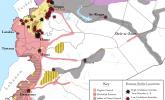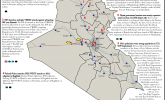Ukraine Crisis Update: December 14, 2015
December 14, 2015 - Hugo Spaulding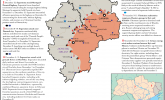
Russian-backed separatists intensified attacks along multiple frontline positions in Ukraine in early December 2015, demonstrating Moscow’s intent to continue destabilizing Ukraine after a two-month operational pause that coincided with the launch of Russian operations in Syria. Russia’s proxies in Ukraine increasingly launched attacks using heavy weapons on major flashpoints in Donetsk Oblast since fighting resumed in November while separatists in neighboring Luhansk Oblast remain less active.


